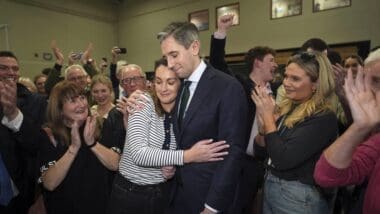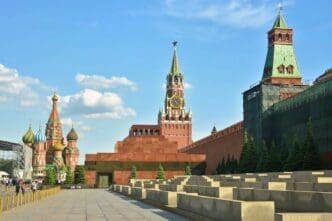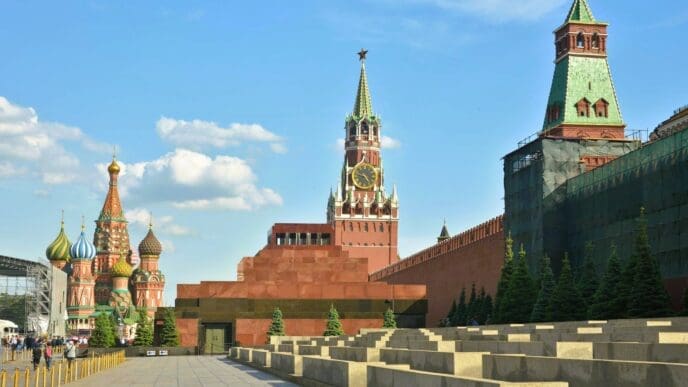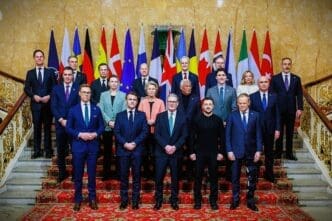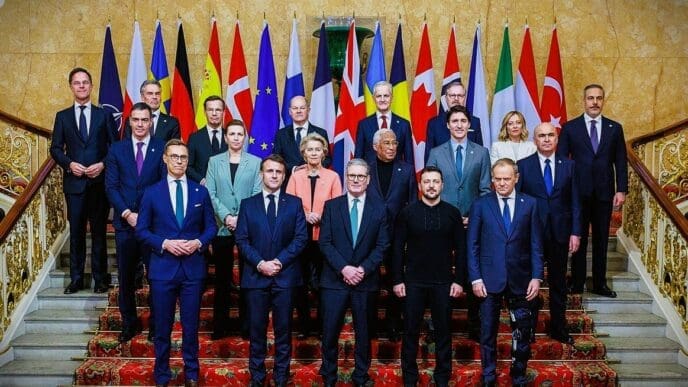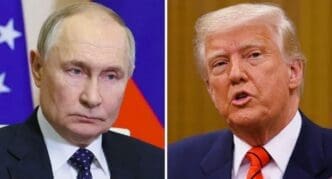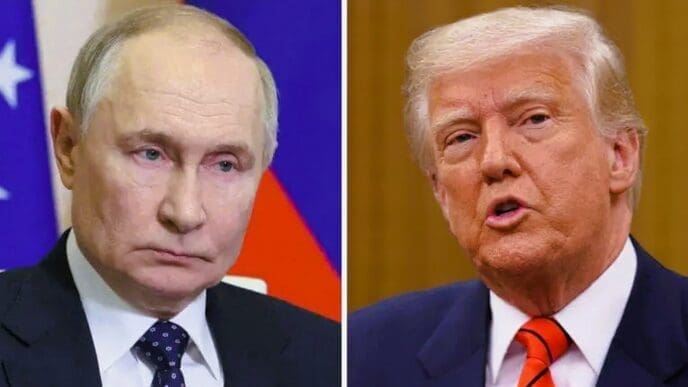Ireland’s recent national election has led to a fractured political landscape, with the two historically dominant center-right parties seemingly poised to maintain control, albeit with reduced influence.
Amidst a complex election process, Fine Gael and Fianna Fail, Ireland’s traditional political powerhouses, are likely to form the next government, although they face the daunting task of intricate coalition negotiations. As vote counting continues, these parties, alongside Sinn Fein, are in a tight battle for the majority of the 174 seats in the Dail, Ireland’s lower parliament house.
Sinn Fein, recognized for its pursuit of reuniting Ireland with Northern Ireland, faces a significant hurdle. Both Fine Gael and Fianna Fail have openly stated their reluctance to collaborate with Sinn Fein, largely due to its historic affiliations with the Irish Republican Army during Northern Ireland’s tumultuous past.
The election saw all three major party leaders, Simon Harris of Fine Gael, Micheál Martin of Fianna Fail, and Mary Lou McDonald of Sinn Fein, retain their parliamentary seats. Ireland employs a complex system of proportional representation, which requires days of ballot-counting to determine final election outcomes.
Key issues during the election campaign included the pressing cost of living, particularly Ireland’s severe housing crisis, and immigration, which remains a sensitive topic for the nation’s 5.4 million residents historically marked by emigration. Early results indicate that these concerns resonated with voters, potentially affecting the global trend of displacing incumbent governments due to dissatisfaction.
Fine Gael’s Paschal Donohoe highlighted the election’s narrative as one centered on maintaining political stability, even amidst voter dissatisfaction, which has led to some unexpected election results. Notably, independent candidate Gerry “the Monk” Hutch garnered substantial support, indicative of the electorate’s varied allegiances.
This election’s partial outcomes are characterized by voters distributing their support among the major parties, smaller factions, and numerous independents, implying that any forthcoming coalition will involve these smaller groups or independent figures.
The results of Ireland’s latest election suggest a continued political dominance by the center-right, despite a complex electoral process and pressing societal issues. As coalition talks unfold, the landscape of Irish politics remains both challenging and dynamic.
Source: Apnews
Source: Apnews

